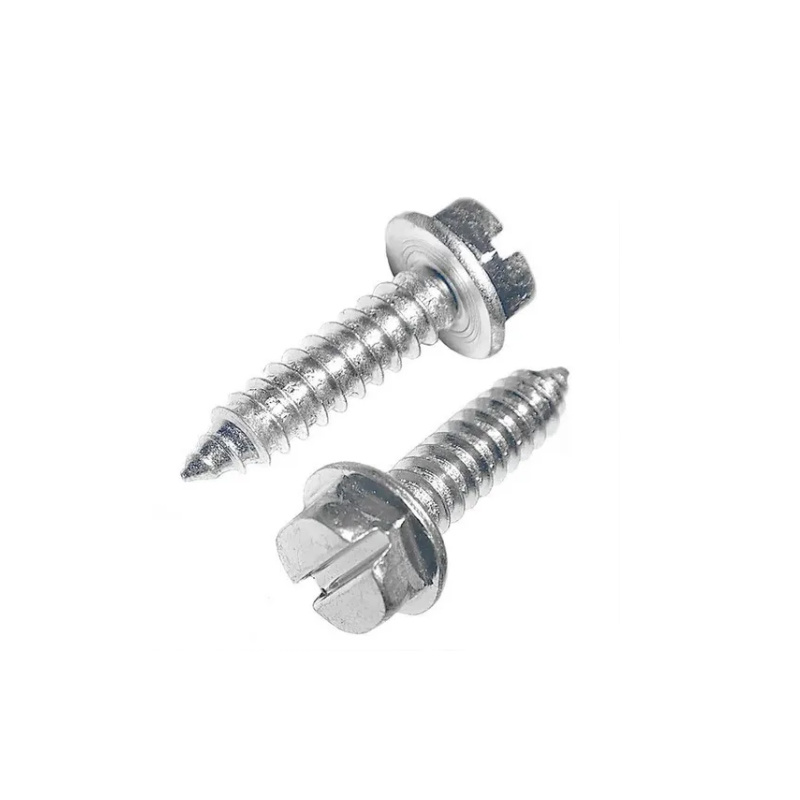Brass Spring Washer Manufacturing Facility for Quality Precision Components
The Importance of Brass Spring Washers Insights from Manufacturing and Applications
Brass spring washers play a crucial role in various mechanical assemblies, providing tension and support to prevent loosening and wear. As a product of advanced engineering and precise manufacturing, these components are essential in many industries, from automotive to construction. A dedicated brass spring washer factory specializes in producing these vital components, ensuring quality and durability that meets the rigorous demands of modern applications.
What are Brass Spring Washers?
Brass spring washers are circular metallic components designed to be used in fastening applications. They are made from brass, an alloy primarily consisting of copper and zinc, known for its excellent corrosion resistance, high malleability, and good thermal and electrical conductivity. The unique characteristics of brass make it suitable for various environments, particularly where humidity or exposure to corrosive elements may be an issue.
The primary function of a spring washer is to apply a load on the bolt or nut assembly it is used with. This load prevents the fastener from loosening over time, which can be caused by vibrations, thermal expansion, or other dynamic forces. The spring action of the washer allows it to maintain a constant load, ensuring a secure connection throughout the lifecycle of the assembly.
The Manufacturing Process
The manufacturing of brass spring washers involves several precise steps, ensuring that each washer meets the specified standards for performance and durability. First, raw brass materials are sourced. The quality of brass is crucial, as it directly affects the performance characteristics of the finished product.
1. Material Preparation The brass coils undergo a variety of processes, including cutting and forming, to create the initial washer shape. 2. Stamping and Forming Using high-precision stamping machines, the washers are formed to specific dimensions. This process involves applying significant pressure to achieve the desired thickness and diameter.
3. Heat Treatment After stamping, the washers may undergo heat treatment. This process enhances their mechanical properties, increasing their strength and elasticity. The temperature and duration of the heat treatment are carefully controlled to achieve the optimal balance of flexibility and hardness.
4. Finishing Process Once the washers are formed and treated, they undergo various finishing processes. This may include surface cleaning, polishing, and applying protective coatings to enhance corrosion resistance.
5. Quality Control A dedicated quality control team conducts rigorous testing, including dimensional checks and material testing, to ensure the washers meet industry standards. This process is vital to preventing defects that could lead to failure in mechanical applications.
brass spring washer factory

Applications of Brass Spring Washers
Brass spring washers find applications in numerous fields
- Automotive Industry These washers are commonly used in engine components, where vibrations are frequent. They help maintain tight connections in critical areas, such as the suspension and transmission systems.
- Construction In the construction sector, brass spring washers are employed in bolted connections that require resilience against environmental factors. They are often used in structures exposed to moisture or harsh weather conditions.
- Electronics Given their excellent electrical conductivity, brass washers are utilized in electrical connections, providing stability and enhancing conductivity in circuits.
- Home Appliances Many household appliances, such as washing machines and refrigerators, rely on brass spring washers to ensure that their mechanical components operate smoothly and efficiently.
Why Choose a Brass Spring Washer Factory?
Choosing a specialized brass spring washer factory ensures that products are of the highest quality. Such factories invest in advanced machinery and skilled labor to achieve precise tolerances and consistent performance. Buyers benefit from custom manufacturing options, allowing for tailored solutions that meet specific application requirements.
Furthermore, the use of raw materials that adhere to international standards guarantees the reliability of the washers. A reputable factory will provide documentation on testing and certification, giving customers peace of mind about the quality of their purchased components.
Conclusion
Brass spring washers are more than just simple components; they are essential elements in mechanical stability and efficiency across various industries. By understanding their manufacture and application, one can appreciate the craftsmanship and engineering that goes into producing these indispensable items. In a world where precision and reliability are paramount, investing in high-quality brass spring washers from a trusted factory is a wise decision for any industry relying on robust mechanical connections.
-
Top Choices for Plasterboard FixingNewsDec.26,2024
-
The Versatility of Specialty WashersNewsDec.26,2024
-
Secure Your ProjectsNewsDec.26,2024
-
Essential Screws for Chipboard Flooring ProjectsNewsDec.26,2024
-
Choosing the Right Drywall ScrewsNewsDec.26,2024
-
Black Phosphate Screws for Superior PerformanceNewsDec.26,2024
-
The Versatile Choice of Nylon Flat Washers for Your NeedsNewsDec.18,2024










